1. Sunday Drives with No Destination
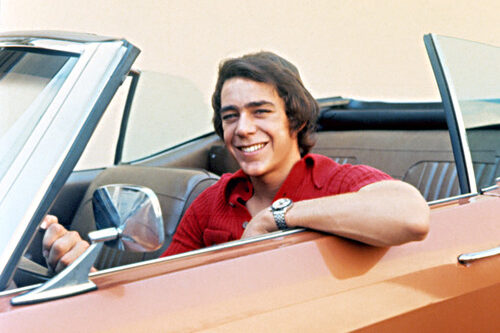
There was something magical about piling into the family car after lunch, with no real plan other than “let’s go for a drive.” Maybe Dad would pick a scenic route or head toward the outskirts of town, windows cracked open, and the radio humming softly with a mix of crooners and classic rock. Gas was cheap, traffic was light, and the journey really was the destination. You didn’t need an app to tell you where to go—just a sense of curiosity and time to kill shares Quora.
It wasn’t uncommon to end up at a roadside ice cream stand or stop by a park just to stretch your legs. No one was in a hurry to get back, and kids learned to entertain themselves by spotting cows or counting how many Chevys they saw. It felt carefree and unstructured in the best way. Even the silences felt peaceful, like everyone was just content to be together says the Guardian.
2. A Big Family Dinner That Took All Day
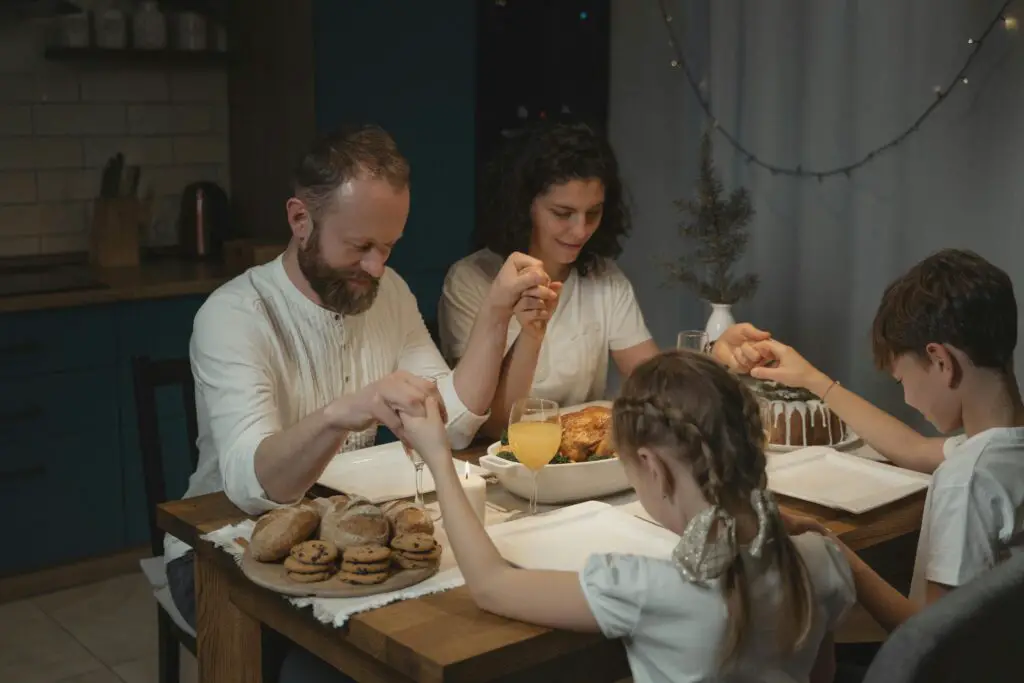
Sunday dinner in the ’60s was more than a meal—it was an event. The roast would start cooking in the morning, filling the house with comforting smells that made your stomach rumble by noon. Moms and grandmas were usually in the kitchen, fussing over side dishes like green beans with bacon or Jell-O salad. It wasn’t fancy, but it was hearty and full of love shares Facebook.
By mid-afternoon, everyone gathered around the table, often dressed a little nicer than usual since it followed church. There was usually a little teasing, lots of second helpings, and maybe even a story or two from someone’s week. After the meal, no one rushed off—people lingered, helped clean up, or just sat around talking. It was slow-paced, and that was the whole point adds Reddit.
3. The Streets Were Practically Silent
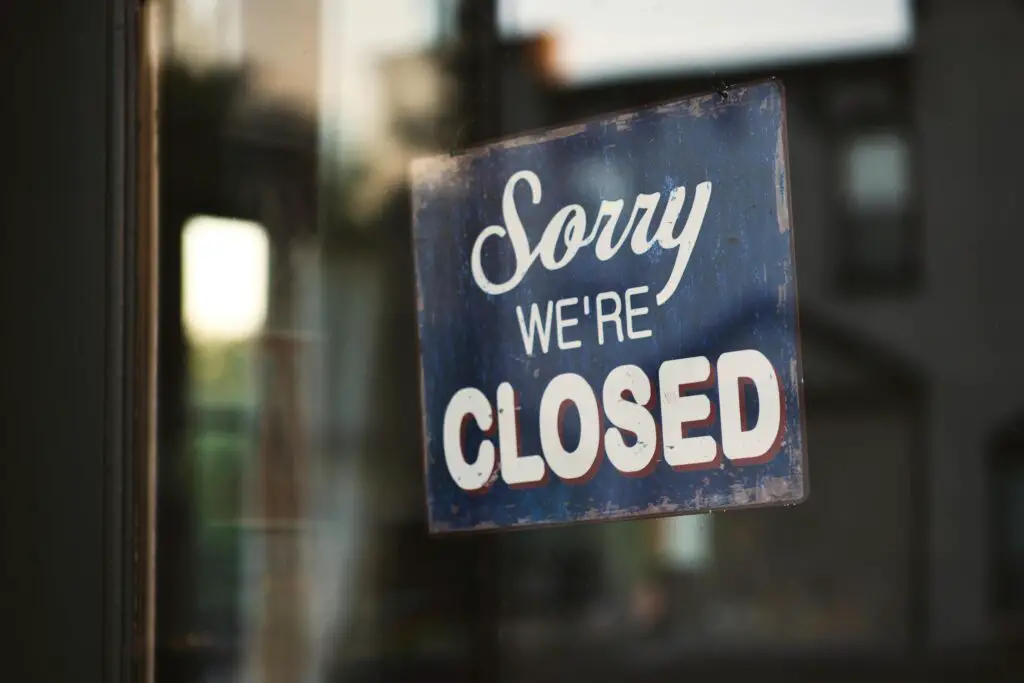
On a Sunday afternoon in the ’60s, neighborhoods felt like ghost towns. Stores were closed, people stayed home, and there just wasn’t much hustle or bustle anywhere. You might hear a lawn mower or a dog barking in the distance, but it was mostly quiet. It gave the whole day a different rhythm—slower, softer, and somehow sacred.
Even the sidewalks seemed to respect the calm. Kids might be playing catch or riding bikes, but there was no rushing around or booming bass from passing cars. It felt like the world had agreed to take a collective breath. And that silence? It had a kind of comfort to it that’s hard to find now.
4. Church Clothes Stayed On

If you went to church on Sunday morning, odds are you didn’t change clothes until late in the day. That meant sitting around in itchy tights or a starched collar while watching TV or playing board games. There was a certain formality to Sundays that’s hard to explain—it wasn’t about being fancy, it was just about keeping up appearances a little longer.
Even if you hated it as a kid, there was something kind of charming about everyone looking nice just because it was Sunday. You might visit your grandparents or have company drop by, and no one was caught in their pajamas. It felt like the day held a bit more weight, like it was worthy of a little extra effort. And when you finally got to change into play clothes? That was a moment of pure joy.
5. Only a Few Channels to Choose From
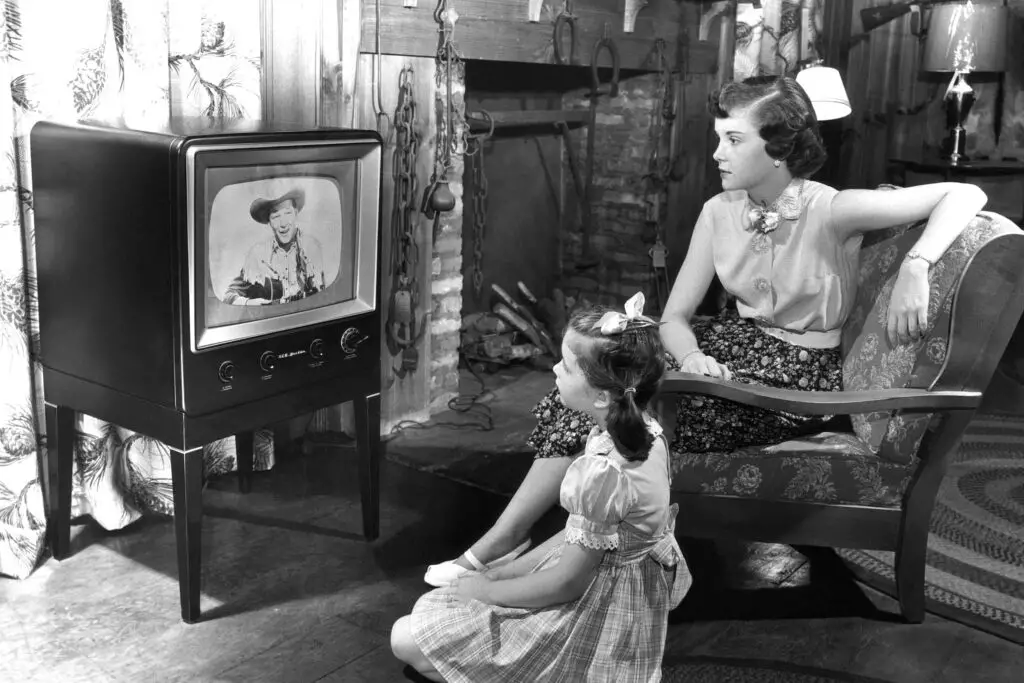
Sunday TV in the ’60s meant flipping through a handful of channels—usually three or four if you were lucky—and hoping something good was on. You didn’t get to scroll endlessly or rewatch your favorites. Instead, you watched whatever was scheduled, which often included black-and-white Westerns, variety shows, or a Sunday afternoon matinee. Sometimes you’d sit through a program just because there wasn’t anything else on.
Families often watched together, which meant compromising. Maybe Mom wanted The Lawrence Welk Show, while the kids rooted for Lassie. But somehow that limited choice made the experience more shared. And when a really great movie came on, everyone dropped what they were doing—it felt like a little victory.
6. Ice Cream Trucks Still Made the Rounds
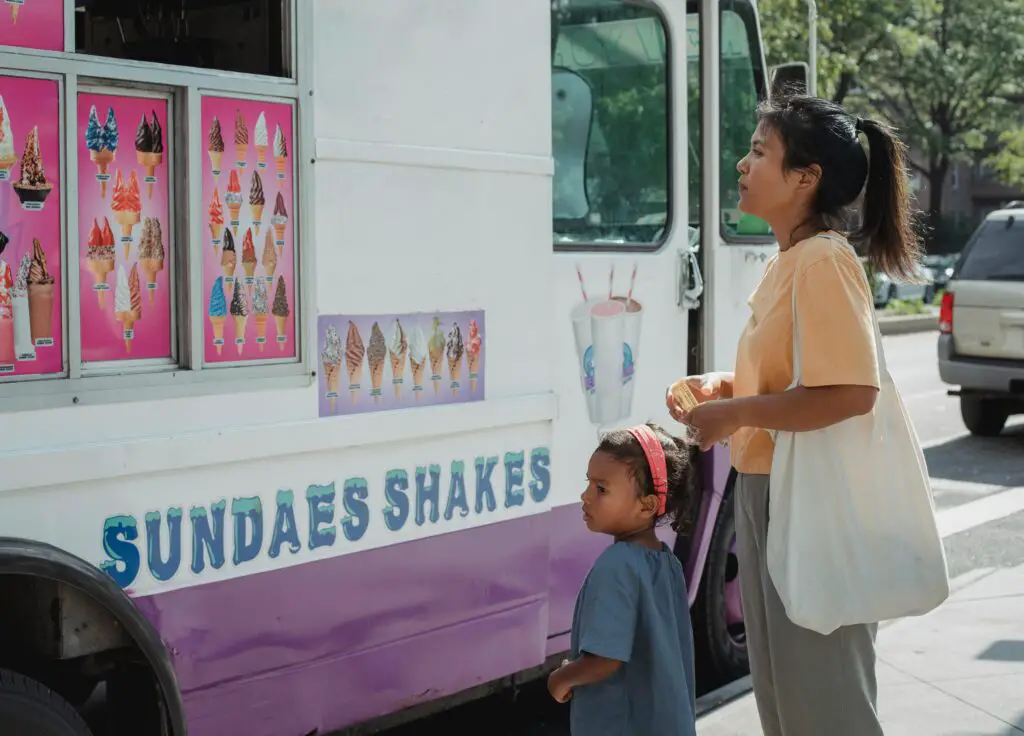
Even on a quiet Sunday, you might hear that tinny jingle drifting down the street. The ice cream truck didn’t care what day it was, and neither did the kids. You’d scramble for loose change, dash out the door barefoot, and hope you made it in time. There was nothing quite like picking a creamsicle or a drumstick and feeling the sun on your face.
Sundays made those little treats feel even more special—like the last hurrah before Monday responsibilities kicked in. It wasn’t about sugar or even the ice cream itself, really. It was about the chase, the surprise, and the delight of having something to look forward to. That sound still triggers a little bit of magic if you hear it today.
7. Front Porch Sitting Was a Legitimate Activity
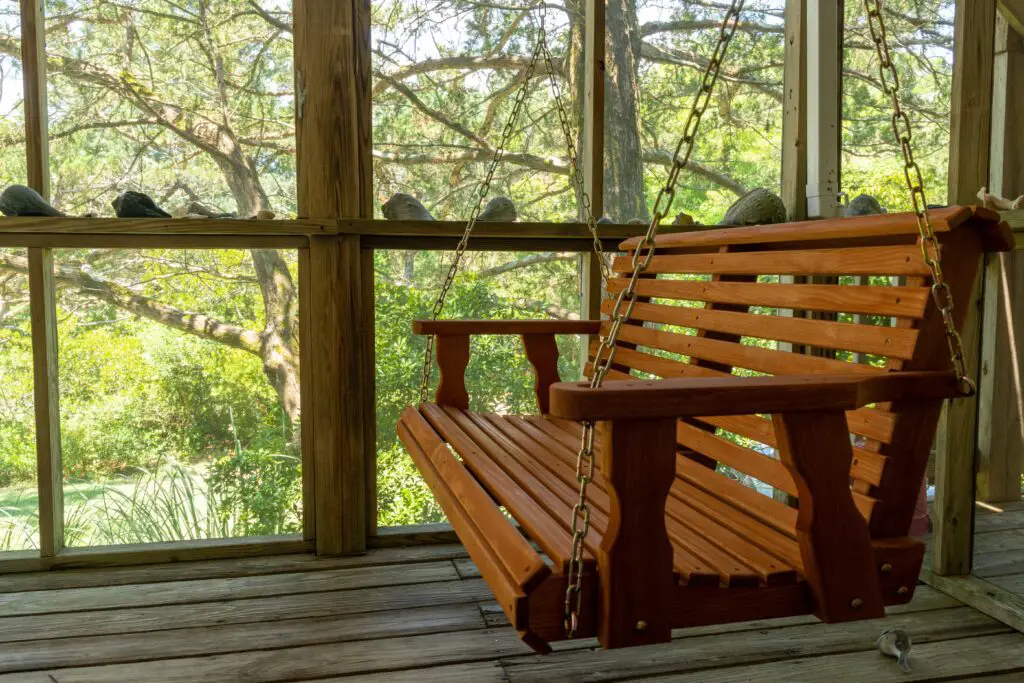
People didn’t need entertainment plans on Sunday afternoons—they just sat outside. Whether it was a porch swing, a folding chair, or a stoop, that’s where folks gathered to relax and chat. You might sip lemonade, read the paper, or just wave to neighbors passing by. It wasn’t about doing something—it was about being there.
Kids would ride by on bikes or play tag in the yard while the adults talked about nothing and everything. There was no rush, no pressure, and no distractions from buzzing phones. It was a slow, steady unwind before the workweek returned. And somehow, you always slept better on a Sunday night after a little porch time.
8. Board Games Were the Main Event

Without constant access to screens, families turned to Monopoly, Clue, or The Game of Life to pass the time. Someone would set up the card table, pour some root beer or iced tea, and the competition would begin. Arguments over the banker or rules were part of the charm. You’d laugh, get frustrated, and then laugh again.
These games could go on for hours, especially if someone refused to trade or give up. But even the drawn-out ones became memories. It was bonding, even if it got a little too intense. And once someone finally won? Everyone claimed they let them win, of course.
9. Newspapers Were Read Cover to Cover

The Sunday paper was thicker than usual, filled with comics, sales ads, and the real estate section. You could find someone in the family reading it at just about any point in the day. Dad might take the sports section, while Mom flipped to the lifestyle pages. And the comics? Always saved for last like dessert.
Kids loved cutting out coupons or pretending to read the news just to feel grown up. It was a ritual, not a chore, and it made the day feel important in its own way. Even the smell of newsprint became tied to Sunday. It was one more reminder that this day wasn’t like the rest.
10. The Smell of Freshly Mowed Lawns

If you caught a whiff of freshly cut grass on a Sunday afternoon, it meant someone in the neighborhood was making the most of their time. Lawns were a point of pride in the ’60s, and Sundays were prime time for upkeep. You could hear the rhythmic hum of a push mower drifting from house to house. That smell? It was the scent of summer discipline and suburban life.
Kids might follow behind with toy mowers or rake up stray clippings for fun. It wasn’t glamorous, but it was oddly satisfying. And it added to the peacefulness of the day—everyone doing their part, one neatly trimmed lawn at a time. It was its own kind of harmony.
11. Library Books Were Due Tomorrow

If you were a book-loving kid, Sundays often came with a tiny dash of panic—“Did I finish my library book?” The return deadline was looming, and there might be a frantic reading session to get to the end. You might curl up in a sun patch on the floor or hide under the covers just to finish in time. There was no renewing with a click—you had to be done.
The best part was when the book was so good you didn’t mind the last-minute crunch. Maybe you’d beg for one more day or sneak in a reread of your favorite chapter. It was the kind of pressure that actually felt fun. And once you closed the back cover, you felt like you’d accomplished something big.
12. Hair Was Washed and Set for the Week

Sunday afternoons were often reserved for hair-washing rituals—especially for women and girls. Mom might set her hair in rollers while catching up on a soap opera or chatting on the phone with her sister. Girls sat on stools with towels around their shoulders, waiting for their turn with the brush and dryer. It was a process, not a quick rinse-and-go.
It wasn’t just about being clean—it was about getting prepped for the week ahead. Monday meant school or work, and you had to look presentable. There was a kind of pride in that preparation, even if it meant enduring some tugging and teasing. The results were worth it: smooth hair, fresh starts, and a sense of order.
13. Everyone Seemed a Little Sleepier

There was something about Sunday afternoons that made you slow down without realizing it. Maybe it was the big meal, the quiet streets, or just the weight of the week ahead pressing gently on your shoulders. People moved slower, spoke softer, and often ended up napping on the couch. Even the dog seemed to sense it was a lazy day.
It wasn’t about exhaustion—it was a kind of collective pause. Like the world was gently sighing before Monday came knocking. Those half-awake moments, wrapped in a blanket with the sun peeking through the curtains, were pure gold. You didn’t even realize how peaceful it was until it was gone.
